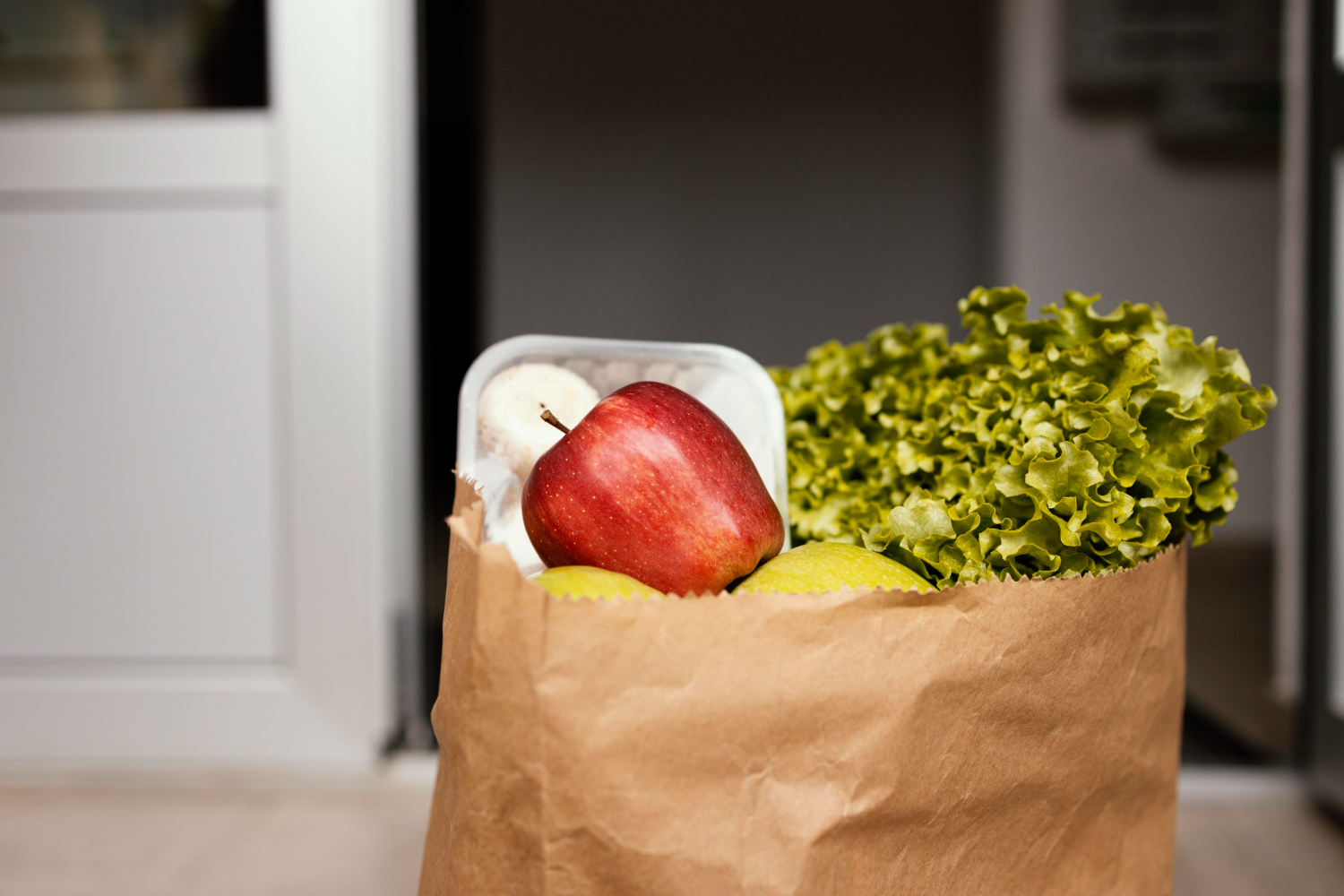This month, millions of people around the world will gather family and friends around the dinner table. But for those preparing the meal, it can be a stressful time. Not to mention, with so many different food types there is room for mistakes that could cause illness. (Related Topics: Florida Food Handlers Certificates, Florida Food Handlers Card, Florida Food Handler Certification)
To avoid making everyone at the table sick, the U.S. Department of Agriculture’s Food Safety and Inspection Service offers five tips for a food safe Christmas:
– These tips are all approved by Ken Kuscher, Florida´s food safety expert:
Tip 1: Don’t Wash That Turkey.
According to the most recent Food Safety Survey, conducted by the Food and Drug Administration, 68 percent of the public washes their turkey before cooking it. We do not recommend washing raw meat and poultry before cooking. Washing raw meat and poultry can cause bacteria to spread. Cooking meat and poultry to the right temperature kills any bacteria that may be present, so washing meat and poultry is not necessary.
Tip 2: Use the fridge, the cold-water method or the microwave to defrost a frozen turkey.
There are three safe ways to defrost a turkey; in the fridge, in cold water and in the microwave. Thawing food in the fridge is the safest method because the turkey will defrost at a consistent, safe temperature. It will take 24 hours for every 5 pounds of weight for a turkey to thaw in the fridge. To thaw in cold water, submerge the bird in its original wrapper in cold tap water, changing the water every 30 minutes. For instructions on microwave defrosting, refer to your microwave’s owner’s manual. Cold water and microwave thawing can also be used if your bird did not entirely defrost in the fridge.
Tip 3: Use a meat thermometer.
The only way to determine if your turkey or poultry is cooked is to check its internal temperature with a food thermometer. A whole turkey should be checked in three locations: the innermost part of the thigh, the innermost part of the wing and the thickest part of the breast. Your thermometer should register 165°F in all three of these places. The juices rarely run clear at this temperature, and when they do the bird is often overcooked. Using the food thermometer is the best way to ensure your turkey is cooked, but not overdone.
Tip 4: Don’t store food outside, even if it’s cold.
Storing food outside is not food safe for two reasons. The first is that animals, both wild and domesticated, can get into food stored outside. The second is temperature variation. Just like your car gets warm in the summer, a plastic food storage container in the sun can heat up and climb into the danger zone (above 40°F). The best way to keep that extra Christmas food at a safe temperature (below 40°F) is in a cooler with ice.
Tip 5: Leftovers are good in the fridge for up to four days.
Cut the turkey off the bone and refrigerate it as soon as you can. Leftovers will last for four days in the fridge so pack them into freezer bags or airtight containers and freeze. For best quality, use your leftover turkey within four months.
Want additional food safety tips?
If you have questions about your Christmas dinner or wish to become certified in food handling then get in touch with Ken Kuscher who is food certified and ready to pass on his expertise. Give him a call on (561)703-7196 or (561)369-2622.





